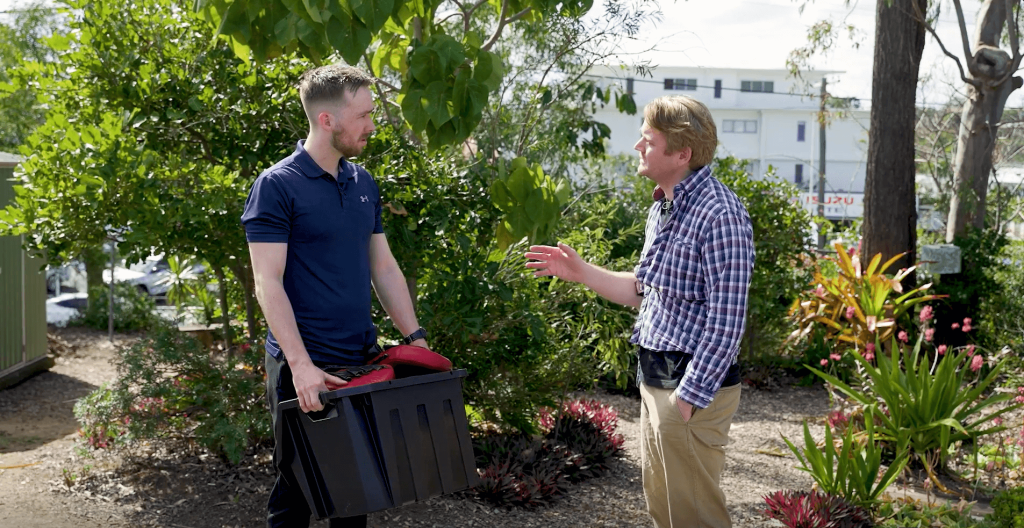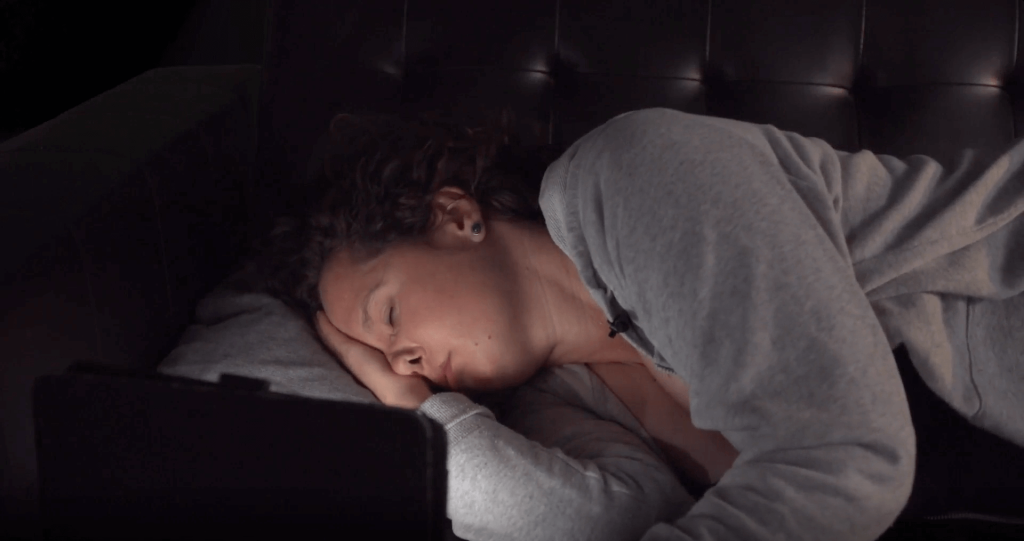When problems overwhelm a person, he/she can usually brush off the sadness away. But when a person with depression encounters problems, they may find it hard to remove the despair and feelings of hopelessness. This is one off the main differences between being sad and being depressed. Some days may feel suffocating, some many feel like you are drowning in despair, and some days may event feel unbearable! Feeling sad is a part of everyday life – but gloomy days are more intense for some people.
Depression is a term that is usually used to describe how a person feels after a bad week or when stressful things happen. But it is much more than that. A person may be depressed if for more than two weeks they have felt sad, down or miserable most of the time. Depression is something that creeps into a person’s mind. It can change how you see life in general. It is always cloudy and stormy, even on a bright sunny day.
Signs of Depression
Here are some common signs of depression that you may have encountered before. Know that it is important to mindful that these symptoms may vary from person to person.
– Loss of Interest: losing interest in things that you often love to do can be a major symptom of depression. Depression has the power to take away someone’s passion. It can take the enjoyment out of the things you love the most.
– Sleep problems and increased fatigue: depression is more than just sadness, and it can also affect your physical health. Depression is something that feels like overwhelming fatigue.
– Appetite or weight changes: significant weight gain or weight loss is another sign and symptom of depression. Due to overthinking and feeling down, a person with depression can often overeat or loss appetite.
– Concentration problems: a person with depression often finds it hard to make decisions and focus on things.
– Unexplained pains and aches: another common sign of depression is an increase in physical pain. This may include back pains, stomach ache, and even aching muscles
– Looking into death: the word depression is usually connected with suicide. Some studies show that one of the leading causes of suicide is depression. There are instances that people will talk or attempt doing it. This sign should not be taken lightly.
The signs mentioned above may be common for some, but there are also people with depression who show the exact opposite of them. Some choose to deal with depression in their own way. Some hide it in their jokes and laughs, but let it unveil itself during the night or whenever they’re alone. Here is a great blog to help combat symptoms of depression.
Depression in Young Adults
“I was not confident. I learnt to not speak up and suffered alone. I saw my parents go through a lot of challenges and seeing them struggle all the time meant that I thought my problems were nothing in comparison. If anything I learnt to be embarrassed by talking up because people would see that I was different.
“I was diagnosed with depression in 2010 in the aftermath of a trauma that changed my life forever. It made me stare straight at my past, and this time I had no choice but to deal with it. I went to see a GP and he took me to see a counsellor for the first time in my life. It wasn’t as scary as I thought it would be. We only chatted about what I was comfortable with. Usually after a session I would feel relieved.”
Cassie 17, NSW
How We Help
We here at Mind Blank know that one in five young people will experience a mood disorder in their lifetime. Depression is something that many of us will go through at some stage in our life – and we believe that no one needs to suffer alone.
Mind Blank runs a health promotion workshop that addresses general well-being and depression. In this workshop we follow one person’s journey. This is Dan’s story, and we explore his experience with depression. Dan’s life is actively retold on-stage, and the audience is questioned as to how we can help him through various difficult periods of his life.






